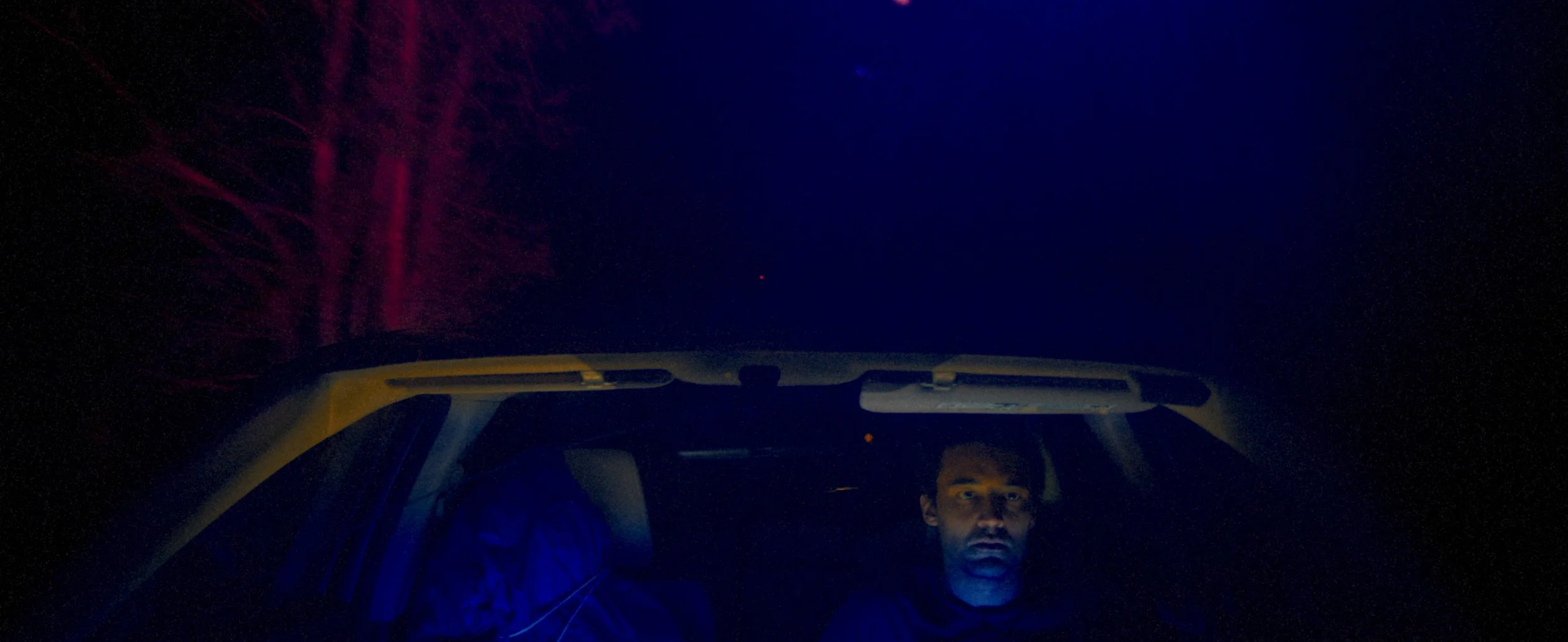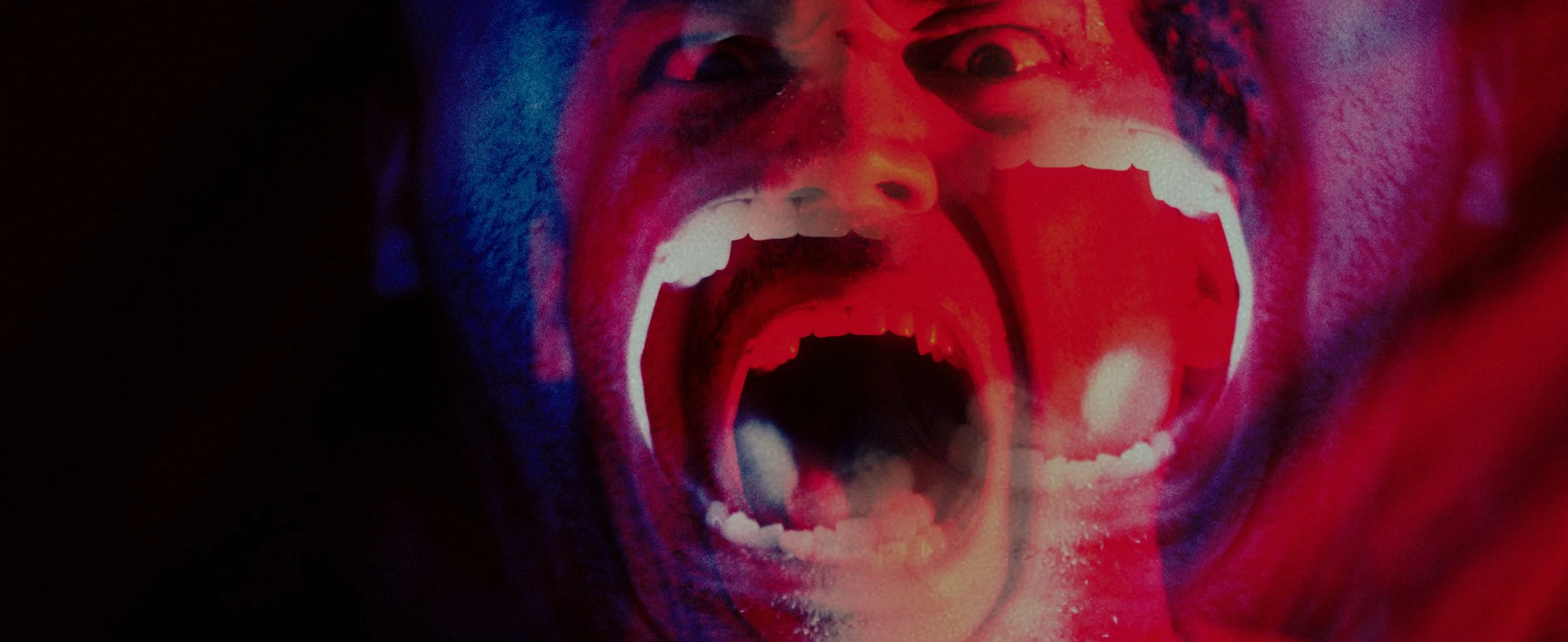At its core, Bury Me When I’m Dead is a meditation on grief, regret, and the quiet ways we haunt ourselves. Director Seabold Krebs crafts a moody, slow-burning character piece wrapped in the skin of a supernatural thriller, delivering something that feels as intimate as a confession and as unsettling as a whisper in an empty room.
The film follows Henry (Devon Terrell), a man buckling under the weight of guilt after failing to keep his wife Catherine’s final wish: to be buried in the woods of her childhood home. When he returns her body to the city under pressure from her father, his life begins to fracture in quiet but irrevocable ways. Compounding this is the fact that Henry’s been hiding a devastating secret—his mistress Rebecca is pregnant with his child. As the world around him starts to unravel, Henry becomes convinced that Catherine’s spirit is back to make him pay.
While the plot toys with horror, the real tension is internal. Each phone call from Rebecca dials up the paranoia, leaving viewers in the same purgatory as Henry: constantly questioning what’s real and what’s imagined. The horror elements don’t fully arrive until the film’s second half—and even then, they linger more than they lunge. Think Tell-Tale Heart by way of grief counseling. What haunts Henry isn’t necessarily his wife’s ghost, but the emotional wreckage he’s left in his wake.
The performances are uniformly strong, but Mike Houston is a standout as Buck Campbell, the neighbor who lives alone in the woods and delivers monologue after monologue like an offbeat Greek chorus. His warm, strange, sometimes absurd presence brings both levity and emotional texture. Meanwhile, Roxanne Hart offers a quiet powerhouse turn as Catherine’s mother, Patricia—a woman trying her best to do right by her daughter while clearly out of her depth.
Visually, the film is stunning. Gemma Doll-Grossman’s cinematography brings a crisp, well-lit beauty to even the darkest emotional corners. The choice to lean into tight close-ups—nearly claustrophobic at times—makes you feel less like a viewer and more like a voyeur. It's a bold stylistic move that won’t work for everyone, but it often pays off, especially in moments of emotional unraveling.
The film’s greatest strength is also its main point of contention: its refusal to settle on a singular tone. Bury Me When I’m Dead dances between family drama, black comedy, and ghost story, sometimes within the span of a single scene. While this makes for an emotionally rich experience, it can also be frustrating for viewers looking for more cohesion. There’s a great film in each of its genre components, but by trying to balance all three, the film occasionally falters in delivering a fully satisfying version of any.
Still, there’s no denying the emotional authenticity at the heart of it. From its raw portrayal of death and dying to the honest depiction of those left behind, the film understands grief not as a singular feeling, but as a shifting landscape—sometimes numb, sometimes volatile, sometimes surreal. The handheld camerawork, particularly in the film’s final moments, only deepens the sense that we are witnessing something not staged, but lived.
Melancholy to its core, Bury Me When I’m Dead is less about what goes bump in the night and more about what lingers in the silences between people. It’s a film of mood, memory, and emotional decay—and one that’s well worth letting creep under your skin.
Jessie Hobson






